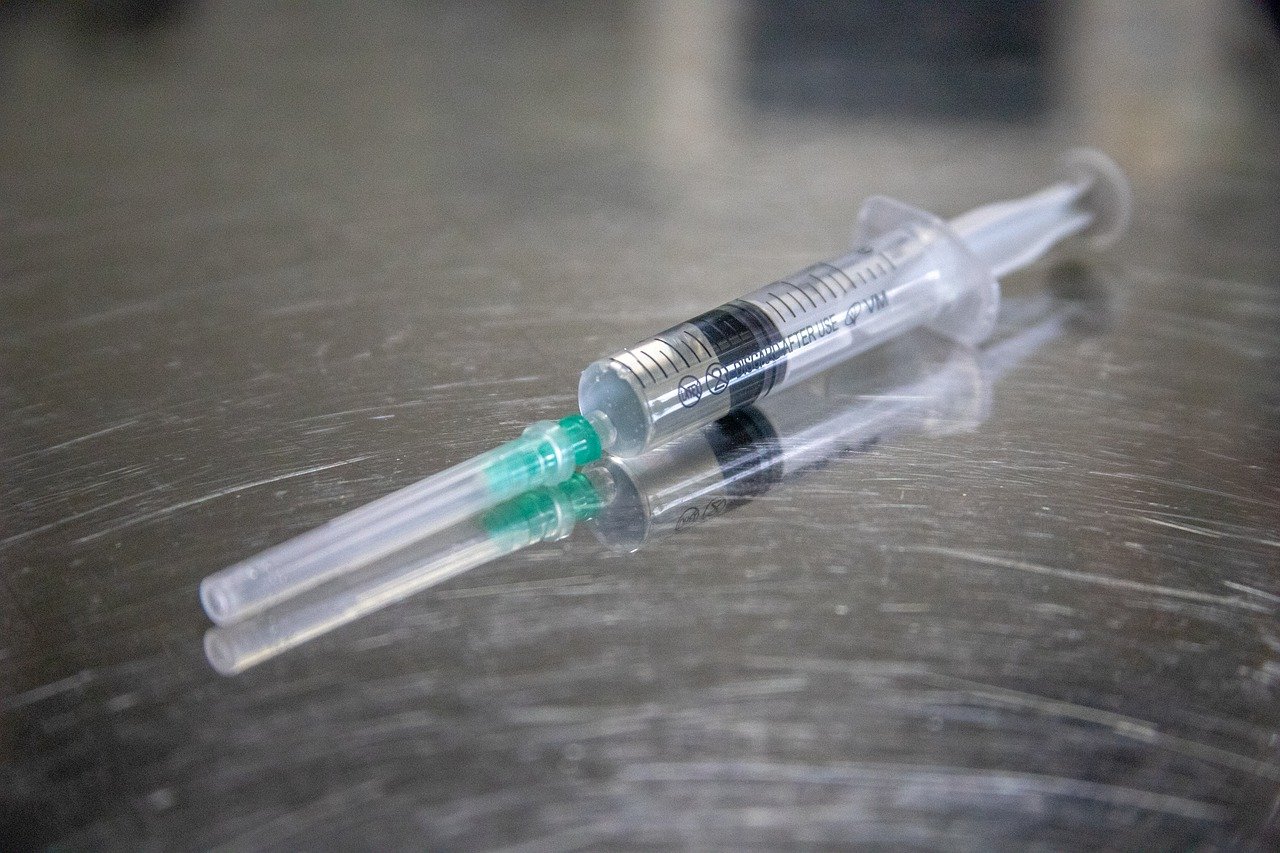
Oxford-AstraZeneca vaccine's effectiveness has been confirmed by researchers in a peer-reviewed medical journal.
The late-stage trial results from British pharmaceuticals giant AstraZeneca and the University of Oxford have been independently assessed and published in a peer-reviewed medical journal.
Published in The Lancet, the study affirmed the trial findings for the Oxford-AstraZeneca vaccine that manifested the average effectiveness of 70% in protecting people against the coronavirus.
The study affirmed data for the dosage regimens made in the trials: 62% effectiveness for two full doses and 90% efficacy for the half-then-full dose regimen.
The Oxford vaccinology professor who headed the Covid-19 vaccine project called it a “really good day for the U.K., this is probably the best day we’ve had in 2020.”
“Not only today are we seeing the first rollout of NHS vaccinations against Covid-19, (but) from our side we are able to present to you our data in a full peer-review publication with all of the information that people have been asking us about,” said the professor, Sarah Gilbert.
“And we now see that the vaccine is safe, it’s highly effective and we also know that it can be manufactured in large quantities and at a low price,” Gilbert stressed, saying that it is hoped the vaccine will get regulatory approval “in the coming weeks.”
The trial data involved 23,745 adult participants in the U.K., South Africa, and Brazil. Some 82% of the trial participants were aged 18 to 55.
People age 56 years and over were also involved in the trial. The University of Oxford announced that the Oxford-AstraZeneca vaccine's effectiveness in this older age group could not yet be evaluated but would be in future analyses after it had accrued more data.
The Lancet study confirmed that the vaccine was determined safe, with only three out of the 23,745 participants experiencing “serious adverse events that were possibly related to a vaccine,” over an average of 3.4 months.
In November, the World Health Organization said that AstraZeneca’s Covid vaccine trials needed more data to ensure the safety and efficacy of the vaccine.
“There’s always a problem in announcing scientific results by press release, and that is that you don’t have all the data out there and people aren’t able to really look and think about the data properly,” Sir John Bell, the Regius professor of medicine at Oxford University, sad in an interview on CNBC’s “Closing Bell.”
Chief of the White House’s Operation Warp Speed, Moncef Slaoui, and other authorities in the U.S. were particularly concerned about the age group of participants in AstraZeneca’s trials. They said that 90% efficacy was only shown for the lowest risk group, which had 2,741 people below the age of 55. The group whose results showed 62% effectiveness numbered 8,895.
“The full data will be published in the medical journal so people can examine it. Taking snippets of data is not a helpful way to make an analysis of what’s actually going on,” Bell told CNBC.
AstraZeneca previously explained that the monitoring of their study held by the external Data Safety Monitoring Board (DSMB) and the fact that the data shared on Monday was based on interim results and that more data would follow.






